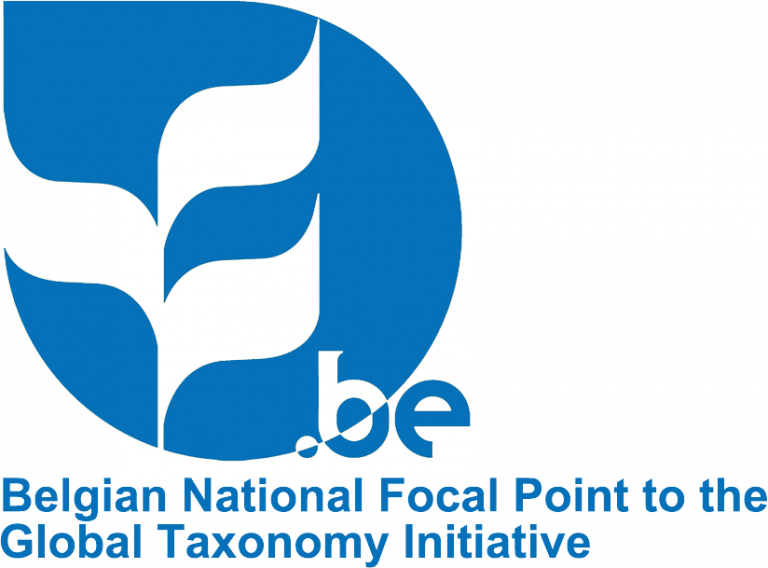
Training in in vitro culture collection management for long term conservation of Ecuadorian fungi, especially of wood-decaying polypores, including a training in taxonomy of this group
Internship details
2014
Mycothèque de l’Université Catholique de Louvain
Dr. Decock Cony
Fungi – Basidiomycota – Agaricomycetes – Polyporales – Polyporaceae
Ecuador is one of the world’s richest countries in terms of biodiversity. Since 2008, the school of Bio-analysis at Pontificia Universidad Católica del Ecuador (PUCE) has set up a long term strategic project which aims at strengthening the mycological expertise in Ecuador. This project started with a training provided by mycologists from MUCL, UCL in 2008 (G. Hennebert and Dr. C. Decock). The project is twofold. Its first objective is to improve the knowledge on fungal diversity (taxonomy and ecology). Two PhD students are currently studying fungal communities in the rhizosphere of plants re-colonizing old oil ponds left abandoned by companies in Amazonia. The second objective is to develop an in vitro fungal collection for ex-situ valorization (biotechnological applications, agriculture, industry, environment). Numerous fungal strains are now available at PUCE, and maintained in cold chambers. However, PUCE still lacks expertise in culture collection long term preservation and management.
Therefore, this GTI project aims at training a PhD candidate into long term management of fungal collections at MUCL, UCL (Belgian Coordinated Collection of Micro-organisms).
At the same time, the candidate will receive a basic training in taxonomy of wood-rotting polypores (Basidiomycetes) that should open the way to a PhD thesis dealing with polypores diversity in cloud forests of Ecuador.